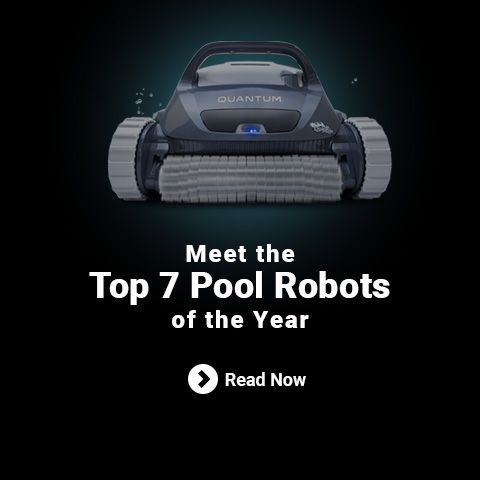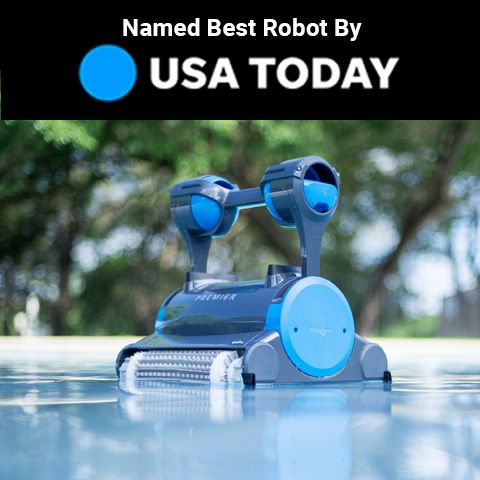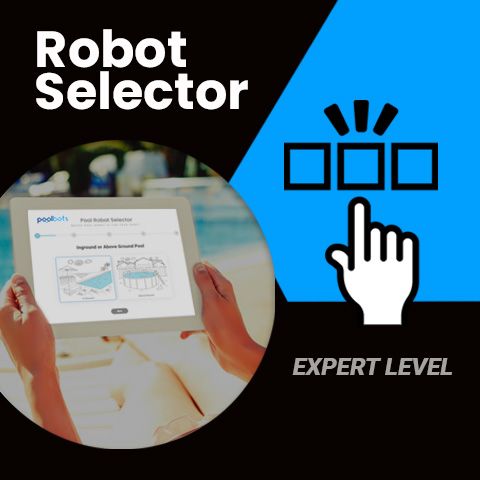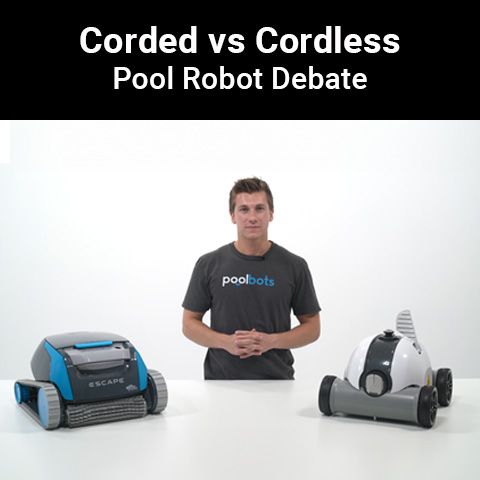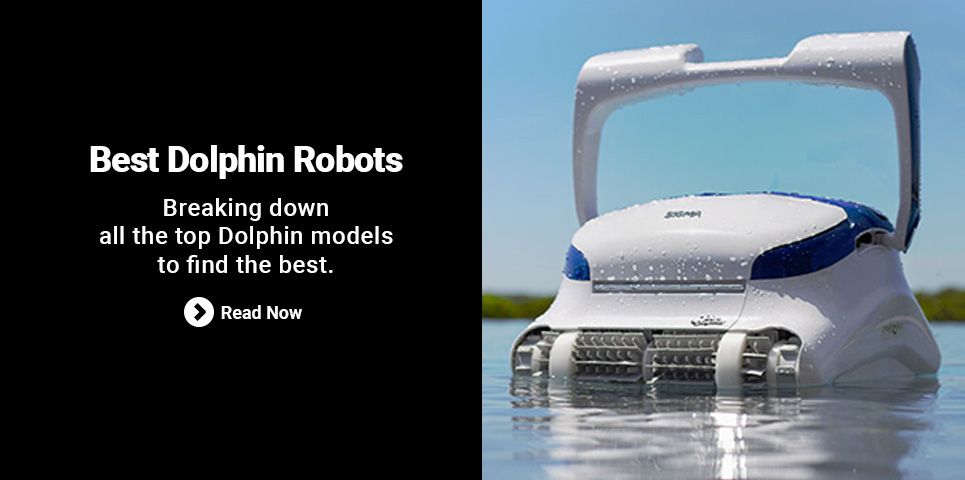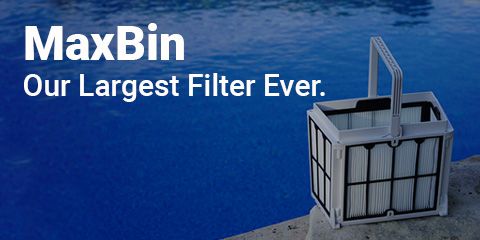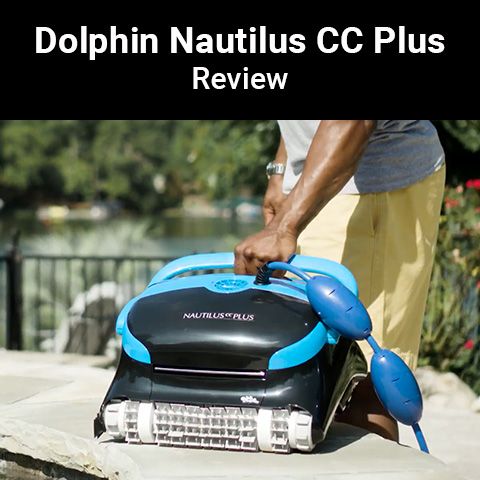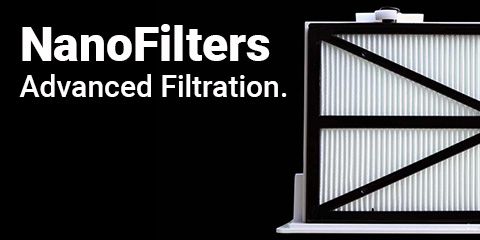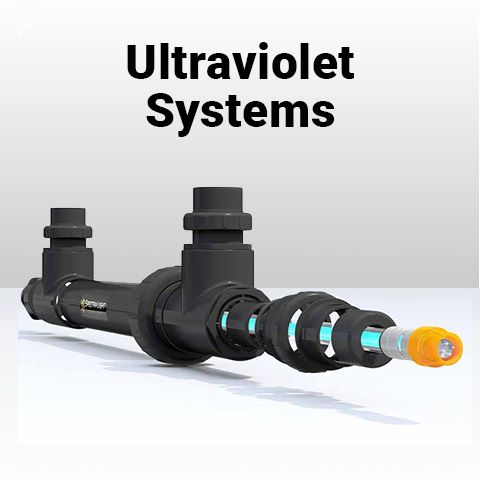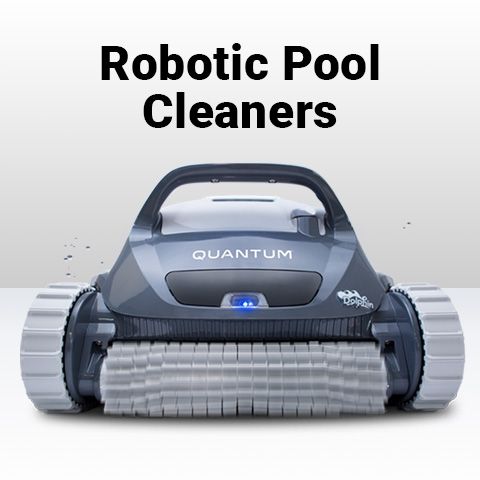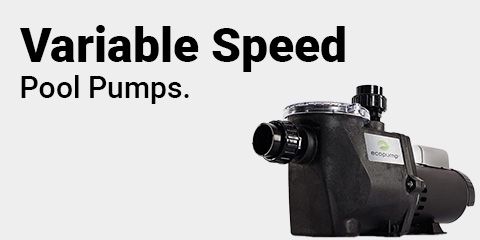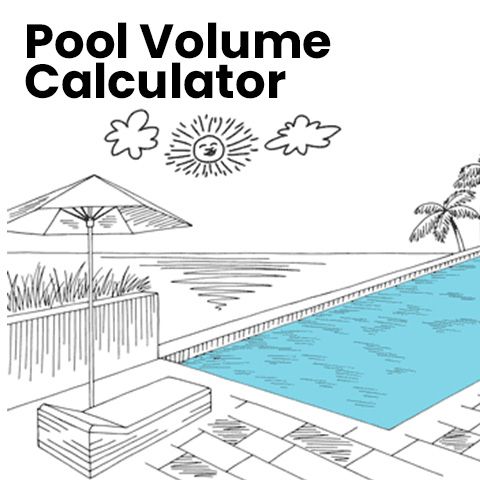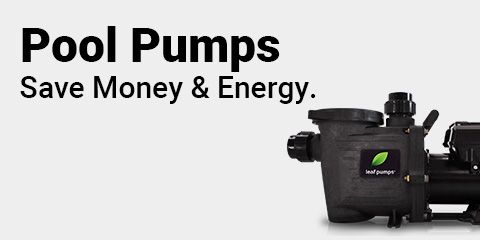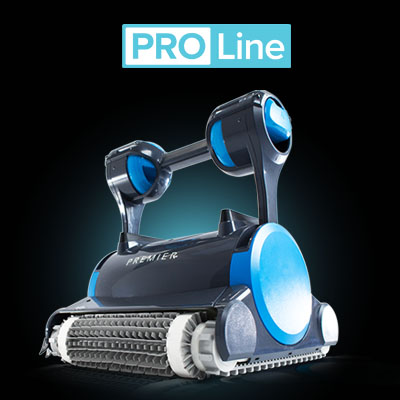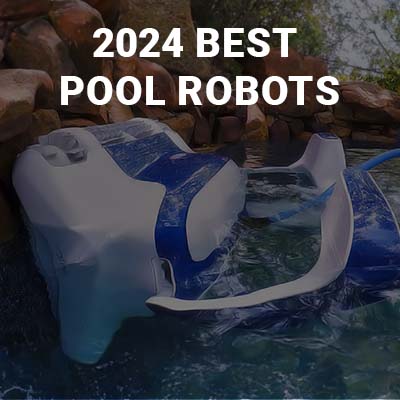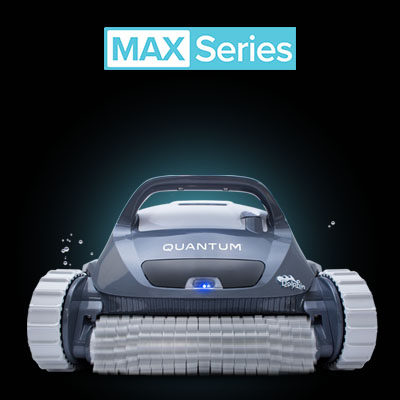Corded vs Cordless Robotic Pool Cleaners Debate
The Comprehensive Guide to Choosing Between Cordless and Corded Pool Robots
August 23rd, 2024
As the pool cleaning industry continues to evolve, one of the biggest debates pool owners face is whether to choose a corded or cordless robotic pool cleaner. There has been a noticeable movement, especially at the lower end of the market, toward battery-operated cordless pool robots.
While cordless models offer the allure of convenience, we believe that in 2026, corded robotic pool cleaners still stand head and shoulders above their cordless counterparts. Below, we’ll dive deep into the pros and cons of each type and provide a detailed analysis to help you make an informed decision.
Battery Technology Limitations
Cordless pool robots, while appealing for their wire-free operation, come with several drawbacks. As of now, we simply cannot recommend them for most pool owners. The reason is simple—current battery technology is not yet advanced enough to provide the performance required for effective pool cleaning.
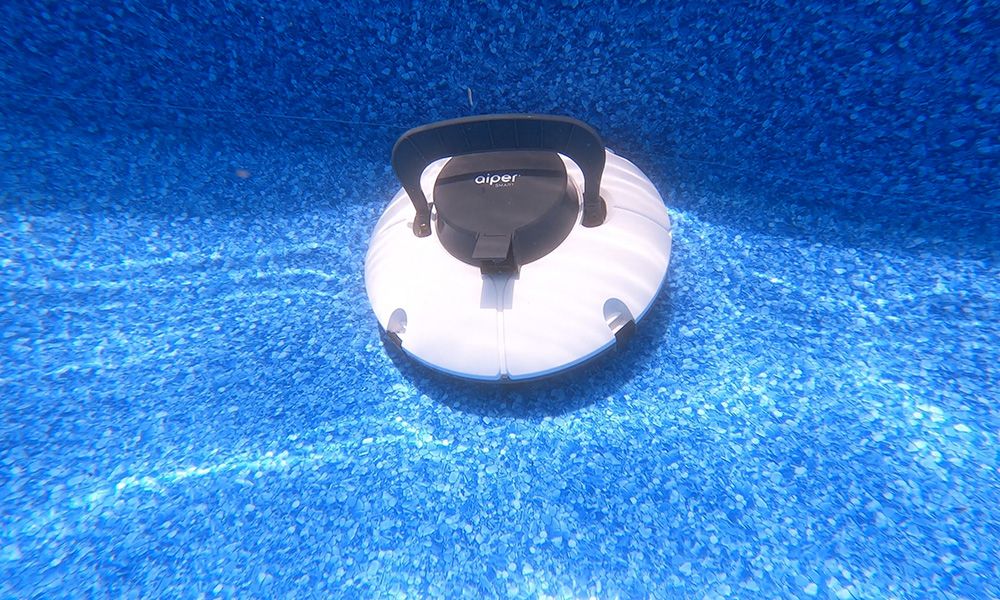
Underpowered Motors and Low Flow Rates
The flow rates of cordless robotic pool cleaners are significantly lower than their corded counterparts. This is largely due to the limitations of battery technology. Battery-operated robots typically deliver lower suction power, which means they aren’t able to clean your pool as thoroughly or as quickly. A flow rate, measured in gallons per hour (GPH), is a key indicator of how much water the cleaner can process. For a proper clean, a robotic pool cleaner should have a flow rate of at least 4000 GPH. Cordless models, however, often only manage around half of this figure, which is why they struggle with more substantial debris and large pools.
Manual Charging and Retrieval
A significant inconvenience with cordless pool robots is the need to manually retrieve and charge them daily. This process can become quite cumbersome for pool owners, especially those who desire true automation. The purpose of an automatic pool cleaner is to simplify the cleaning process—cordless models, however, make you an integral part of that process by requiring daily attention. This defeats the point of a hands-off pool cleaner.
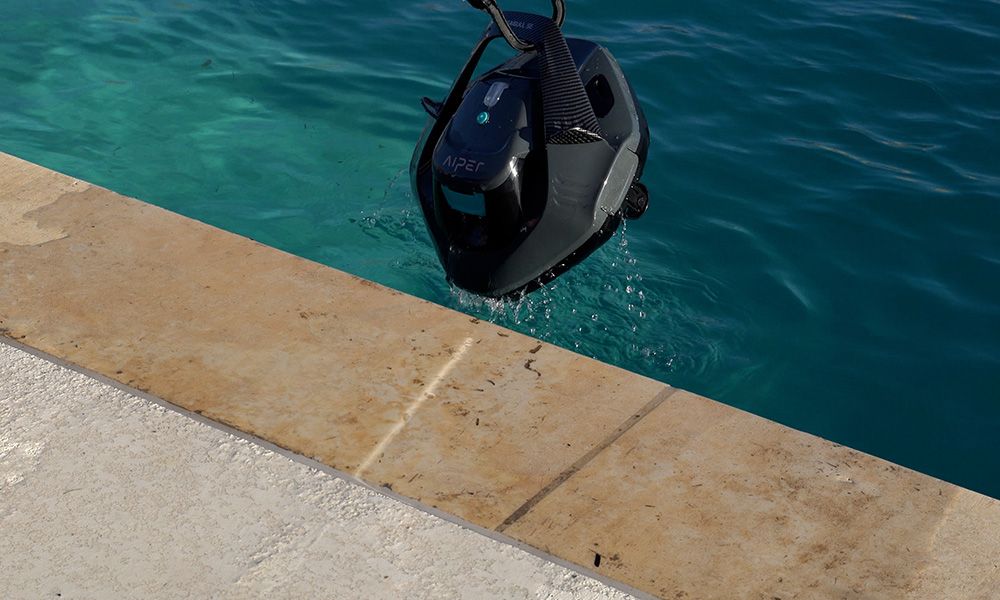
Fire Hazard and Recall of Cordless Cleaners
In recent years, there have been increasing concerns over the safety of some battery-operated pool cleaners, specifically regarding the risk of fire hazards due to their cordless lithium-ion battery design. The Aiper pool robots have unfortunately been at the center of several of these safety concerns. Reports have surfaced detailing alleged incidents where the batteries in these cordless pool cleaners overheated, leading to dangerous situations including smoke, sparks, and even small fires.
In the video above, you can see an Aiper Seagull Pro allegedly involved in a fire incident that was posted to YouTube, sparking concerns over the safety of cordless pool cleaners using lithium-ion batteries.
Update October 22nd, 2024
New alarming cases of fires allegedly being caused by the Aiper Seagull Pro have surfaced, with one particularly shocking incident involving a house fire that allegedly started while charging the Aiper Seagull Pro. In this dramatic video, firefighters can be seen saving the homeowner’s pet cat, Pooka, who had nearly succumbed to the smoke. Fortunately, all occupants made it out safely, but the alleged fire risk from cordless robotic pool cleaners is now becoming an urgent concern for many homeowners.

Due to these significant safety concerns, certain models like the Aiper Elite Pro were subject to a product recall. The recall aimed to prevent further incidents and address the potential risks posed by faulty battery packs, further highlighting the dangers associated with some cordless models.
Read more and see the photos and video of the fire →
Key Safety Concerns and Disclaimers
Please note that all information presented here is based on allegations and reported incidents. No official determination has been made regarding the root cause of the fires, and the company involved has not confirmed these claims. While these incidents are alarming, it’s essential to remember that they are isolated reports and investigations are still ongoing.
For those who own a cordless pool cleaner, especially one powered by a lithium-ion battery, it’s crucial to follow all safety guidelines and to monitor your device during charging. If you have concerns or notice any issues with your pool cleaner, we strongly recommend contacting the manufacturer directly and staying updated on any further product recalls or safety notices.
Corded Models and Fire Safety
In contrast to cordless models, corded robotic pool cleaners do not rely on lithium-ion batteries, and thus eliminate the risks associated with overheating or battery malfunctions. Since they connect directly to a power source, the chance of fire is drastically reduced. In all our years of testing corded models, we have never encountered a case of a corded robotic pool cleaner catching fire, making them a safer and more reliable option for concerned homeowners.
Corded Pool Cleaners: Infinite Power, Maximum Clean
On the other hand, corded robotic pool cleaners offer a level of power, reliability, and convenience that cordless models simply can’t match. Let’s take a closer look at why corded cleaners remain the better choice for most pool owners.
Superior Power and Suction
Corded robotic pool cleaners are equipped with larger, more powerful motors than their cordless counterparts. This enables them to generate higher suction power, which is crucial for picking up debris and cleaning the pool floor, walls, and waterline effectively. With infinite power from a direct connection to an electrical outlet, corded robots can run for extended periods without the need to recharge, allowing for a deeper and more consistent clean.
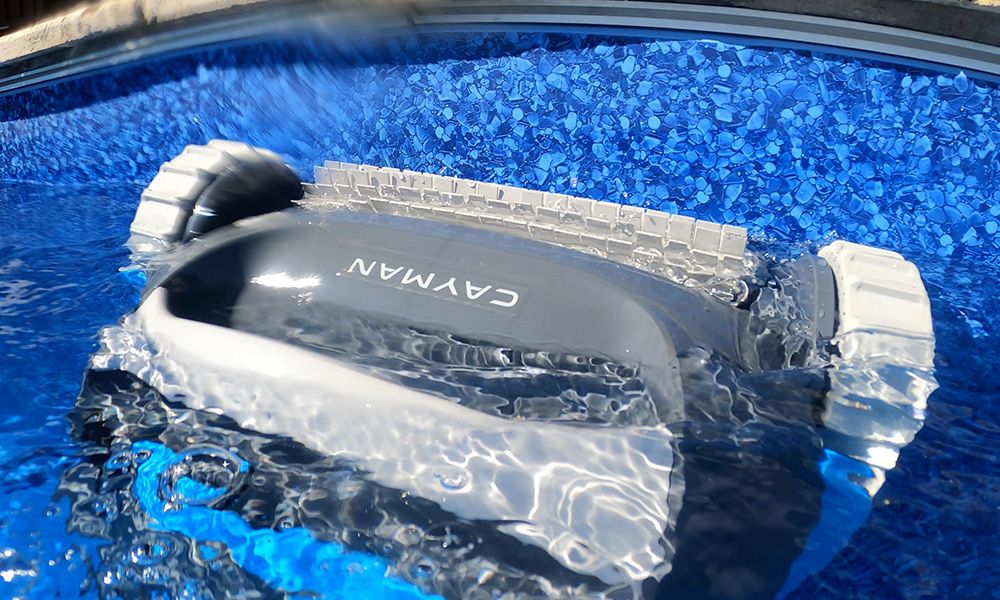
True Automation and Convenience
One of the key advantages of corded pool robots is their set-and-forget nature. Once installed, they can be scheduled to clean automatically every day, without any intervention from the pool owner. This level of automation makes corded models far more convenient than their cordless counterparts, which require daily retrieval, recharging, and re-deployment.
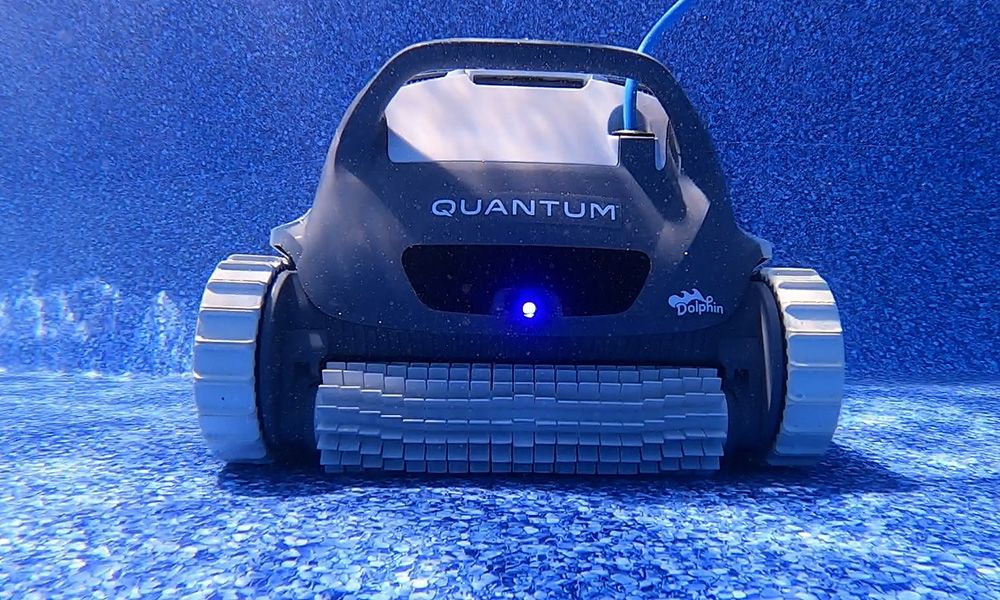
Suction Power: What Goes Inside, Stays Inside
When shopping for a pool cleaner, one of the most critical features to consider is its suction power. Suction power is determined by the motor size and its output, and a higher suction power means a more thorough clean. Pool cleaners with larger motors can process more water, resulting in higher flow rates. A minimum flow rate of 4000 GPH is recommended for a proper clean. In contrast, cordless models with smaller motors often have 50% lower flow rates, which compromises their cleaning ability.
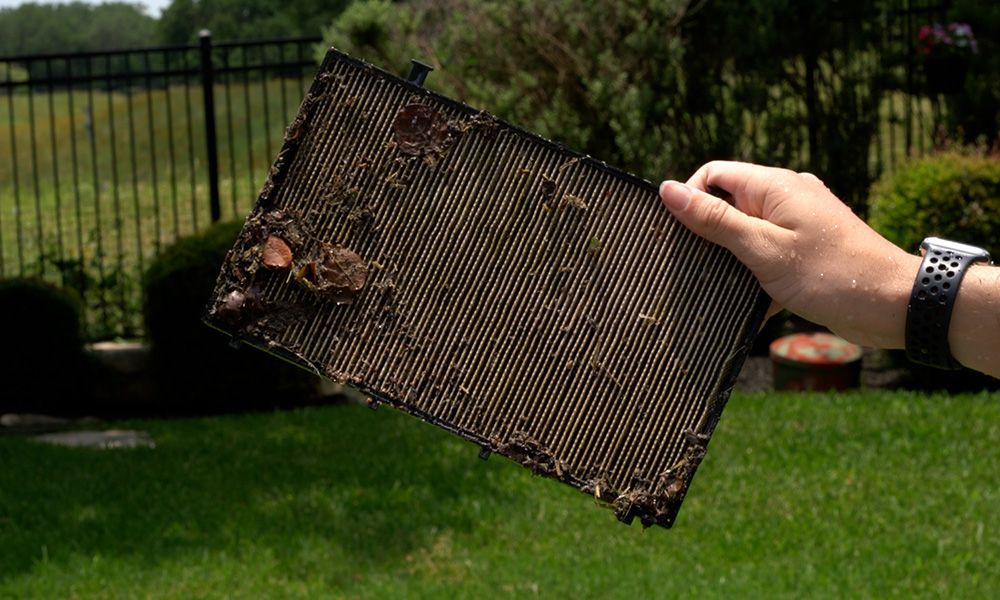
With corded models like those from the Dolphin ProLine series, you not only get more powerful motors but also commercial-grade filtration. This ensures that what goes inside the cleaner stays inside, effectively trapping even the smallest pollutants that could otherwise circulate in your pool. The advanced NanoFiltration™ technology employed by these models operates much like a HEPA filter, catching fine debris and keeping your pool water as clean as possible.
Commercial-Grade Motors and Performance
For those looking for commercial-grade performance, corded robotic pool cleaners from the Dolphin ProLine series are a perfect choice. These models feature commercial-grade motors that can filter over 4500 GPH—ensuring your pool is cleaner and clearer than ever. These cleaners also tackle tough-to-reach areas, such as the waterline, which is often the dirtiest part of the pool due to the buildup of algae and bacteria. Combine this with NanoFiltration™ technology, which captures even the smallest pollutants, and you have a cleaning powerhouse that far outstrips anything a cordless model can offer.
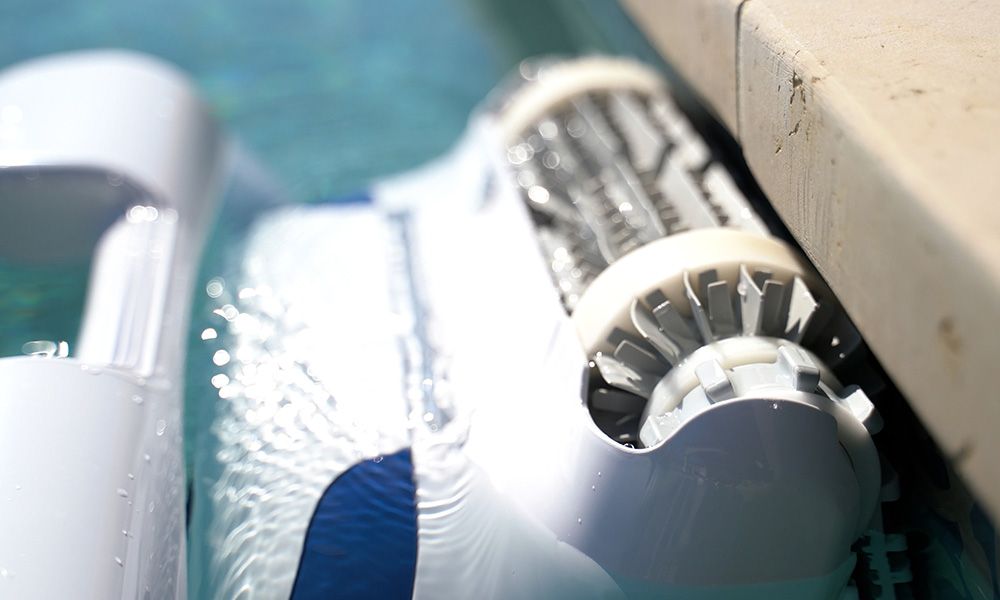
What the Future Holds
The future of pool cleaning will likely involve hybrid models that combine the best of both worlds—battery power for flexibility and corded options for enhanced performance. While such models aren't available yet, we expect significant advancements in this space over the next few years. However, until that time, corded robotic pool cleaners remain the superior choice for most pool owners.
Why Corded Cleaners Still Reign Supreme
While the concept of cordless robotic pool cleaners is appealing for their convenience and portability, they simply don’t match the performance and reliability of corded models. With corded cleaners, you get stronger motors, better suction, more automation, and fewer safety concerns. They can handle tougher cleaning jobs and are built to last, making them the smarter choice for long-term pool care.
If you’re in the market for a robotic pool cleaner and have a power source near your pool, we strongly recommend opting for a corded model. The additional power, convenience, and peace of mind make it the clear winner in the corded vs. cordless debate.


